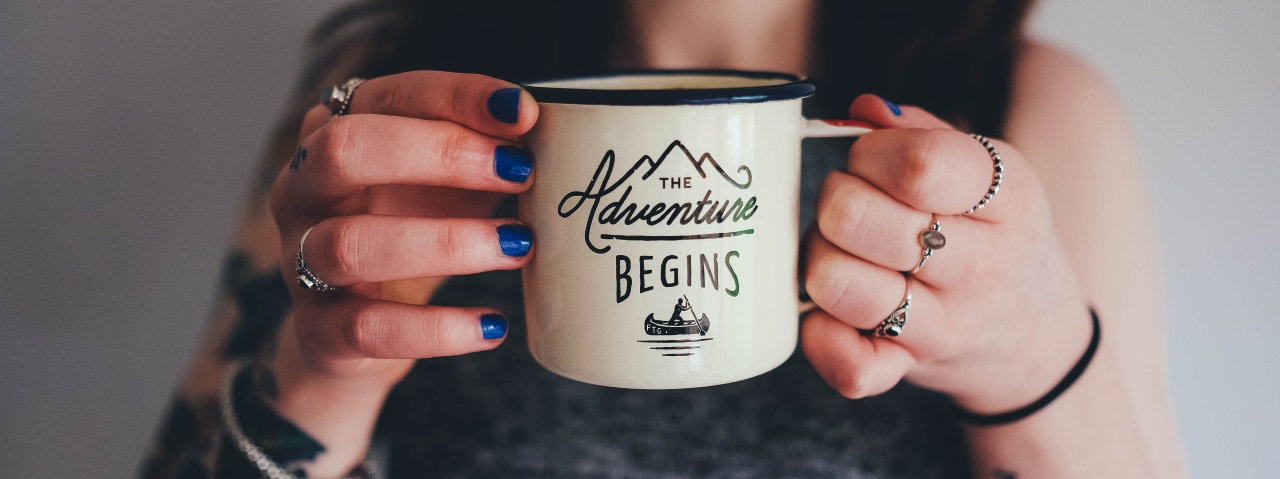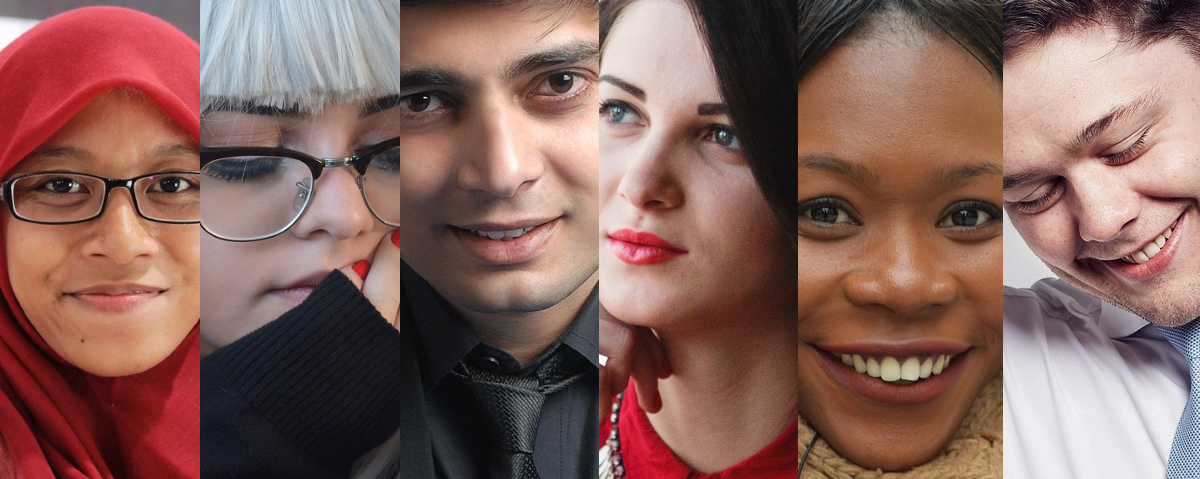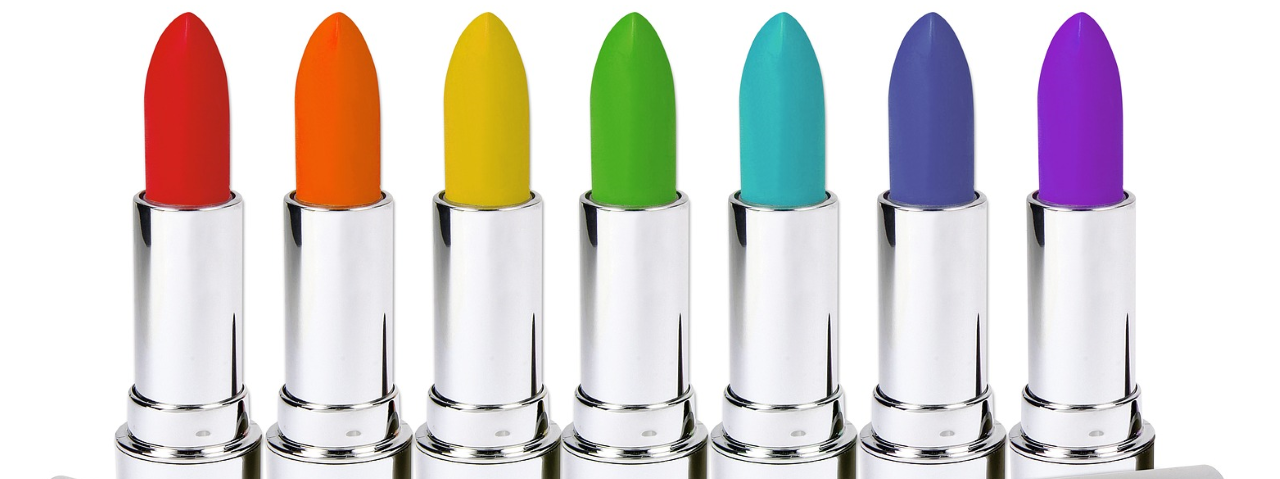Cosmetic Scientist Jobs
Cosmetic scientist jobs… did you know?
We’ve all seen the TV ads where a gorgeous scientist in a lab coat talks about the technology behind a new beauty product. They're just an actor, but cosmetic scientists really do exist.
Who researches and develops the latest flavoured lip balms or new glitter beauty trends? As a cosmetic scientist you combine science and creativity in your job. You need a good eye and a keen sense of smell to create beauty products that look, smell and feel amazing – and actually work!
Your job as a cosmetic scientist is to research and make new perfumes, cosmetics, and hair care or toiletry products. You’ll dream up exciting new ingredients and check that products are safe to use. Or the consumer could end up with something much worse than egg on their face.
All Careers Hair and Beauty Careers Health and Science CareersCosmetic scientist job trends
How much money can you make as a cosmetic scientist?
£20,000 – £50,000 (UK average)
Recent labour market information says you can earn around £20,000 as a newly qualified cosmetic scientist, progressing to potentially over £50,000 a year. The UK cosmetics industry is doing well, and all the big beauty brands need cosmetic scientists.
Your starting salary can vary because of factors like level of experience, training, or location. Your salary as a cosmetic scientist will increase over time as you build skills, knowledge and experience.
What entry qualifications and training do you need?
School, college and training
You can get started in studying cosmetic science if you have at least five GCSEs and two A-levels or their equivalent. You’ll need to include science as at least one of your subject choices.
You can also begin your career as a cosmetic scientist with an HND or foundation degree in science.
DID YOU KNOW? You can do a one-year distance-learning Diploma in Cosmetic Science with the Society of Cosmetic Scientists (SCS). This is the same as a Level 4 qualification and equivalent to doing the first year of a degree course.
What you will learn with a SCS Diploma in Cosmetic Science:
- The foundations in chemistry, physiology, biochemistry and microbiology
- The key roles of development, production, packaging and marketing of beauty products
- Useful additional services like stability testing, microbial preservation, quality assurance, legislation, safety assessment, performance evaluation and market research
- Specific product categories such as hair, skin and oral care, colour cosmetics, aerosols and perfumes.
If you take the university route to a cosmetic science career, useful degree subjects to study include:
- Biology
- Pharmacy
- Chemistry
- Chemical engineering
- Pharmaceuticals and cosmetic science
- Cosmetic science
Apprenticeships
Big companies offer cosmetics science internships and training to people with relevant qualifications and a keen interest to learn about what really makes the beauty industry tick. If you’ve ever wanted to know how concealers make skin look flawless, or how lipstick colours stay on so long, you could be a perfect fit.
Just as an example, you could apply for a biology, pharmacy or chemistry apprenticeship – to name a few – and then study for the one-year distance-learning SCS Diploma in Cosmetic Science while you work.
If you want to take a slightly different route and become a fragrance evaluator (see below) then you can get into fragrance evaluation with a laboratory technician apprenticeship at a beauty brand.
Career progression
Your salary can potentially get very high as you build experience. You could also work in slightly different areas of beauty – especially if you have a keen nose! For example, you could become:
- Perfumer – someone who’s an expert in creating perfumes with layers of scent that give their wearer a certain mood or feeling
- Fragrance evaluator – Imagine a celebrity saying, “I want the latest perfume in my range to smell like star dust and hope” and then having to turn that into an actual perfume! As a fragrance evaluator you act as the link between a client (e.g. a large beauty brand) and a perfumer. You help the perfumer bring the original (often slightly confused) vision of a fragrance to life as a finished product.
What experience do you need for cosmetic scientist jobs?
Work experience
It can help your application if you have previously done work experience or volunteering in a laboratory-based environment.
Examples of relevant work experience include:
- Work shadowing (even if it’s just for a day)
- Work placements in a company
- Year-long industry placements on a sandwich degree course
What skills do you need for cosmetic scientist jobs?
What life and work skills do you need to make a great cosmetic scientist?
Useful skills to highlight and develop in this career include:
- Self-belief skills – it takes self-confidence and an ability to learn from trial and error as you test new beauty products.
- Good communication skills and teamworking skills – you’ll be working as part of a team, and often sharing your discoveries with team members but also clients, perfumers and marketing people.
- Creativity – a lot of what you do is about looking at new ideas, playing with experiments and thinking outside the beauty box!
- Good problem solving skills – how can you make that lip balm taste more fruity, or that primer have an even smoother finish?
- Good organisation skills – You need to be neat, clean and organised when you’re working with chemicals in a lab and reporting on what you do.
- Self-management skills – you’ll start off being trained and supervised, but with time and experience you’ll be the one calling the shots and showing others what to do.
Vocational qualifications and work experience will help you build these skills over time.
Start building these skills right now - sign up for free Young Professional training.
What does a cosmetic scientist do?
Some day-to-day job responsibilities include:
- Researching new products
- Liaising with the marketing department about beauty trends
- Experimenting with chemicals for new beauty recipes
- Testing beauty products for look, smell, texture, feel, application, effectiveness and safety
- Analysing your tests and sharing the results.
Your first steps into cosmetic scientist jobs
Cosmetic scientist jobs are advertised under different job titles. When you’re looking on job boards, look for the following types of job if you’re just starting out:
- Trainee cosmetic scientist
- Apprentice laboratory technician
- Junior cosmetics scientist
- Formulation scientist
- Assistant cosmetic scientist
- Cosmetic science internship
Useful organisations and links



So what are you waiting for? Grab your future.












